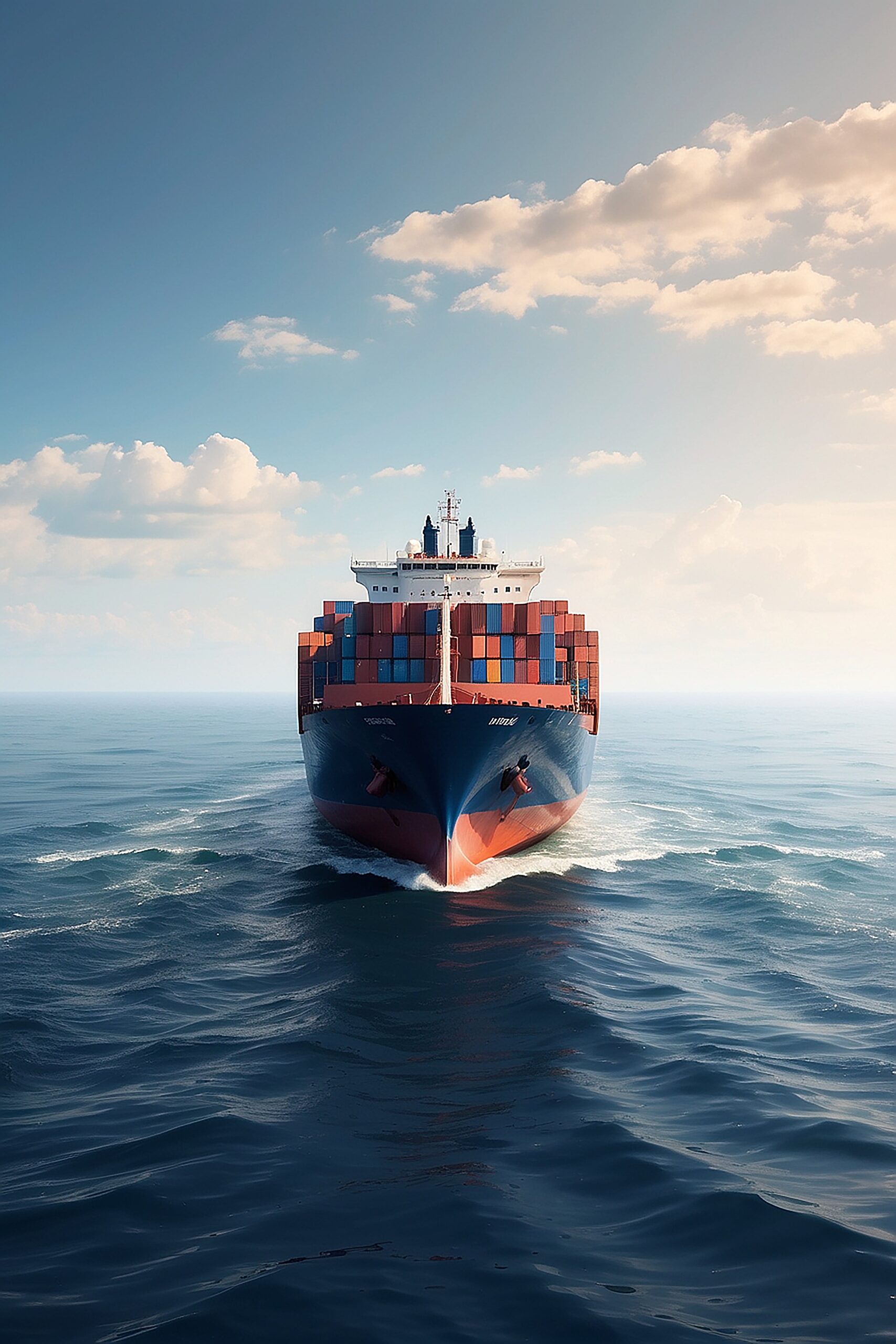
The demurrage term, which we often hear in companies engaged in foreign trade, has become popular in recent years. Especially with the widespread adoption of E-export and the increase in companies preferring maritime trade, it is among the different official processes brought by this commercial approach. Demurrage refers to a type of compensation paid to the shipowner in maritime transportation contracts.
As international trade increases, the importance of demurrage also grows. Maritime transportation is preferred mainly because of advantages such as lower costs and the ability to carry large quantities of products. This also facilitates the widespread use of demurrage.
The importance and use of demurrage in foreign trade are increasing day by day, and the significance of this concept in the commercial relations of companies is also growing. Therefore, correct implementation and understanding of demurrage are very important for companies engaged in foreign trade.
What is Demurrage?
Demurrage, a concept frequently encountered in types of shipments made by sea, refers to the extra costs incurred due to delays in loading or unloading. This term is especially used intensively in foreign trade transactions and covers the delay charges that arise due to the container being held at the port for a certain period. Usually, if the unloading of goods in a container does not occur on time, this situation can cause disputes between the buyer and seller or importers and exporters.
Demurrage focuses on ensuring the timely delivery of products at every stage of trade and greatly helps to prevent disruptions in the supply chain. When companies make product transactions, they agree among themselves on the time and conditions for unloading before logistics operations begin, thus trying to avoid potential demurrage charges.
For a successful and smooth international trade process, knowing the concept of demurrage and the factors that can lead to this situation in advance helps minimize these types of costs. Companies can reduce the extra charges encountered due to possible delays by clearly specifying the demurrage issue in trade agreements and making detailed plans. In this sense, demurrage is not just a financial burden but also a factor that directly affects the efficiency of commercial relationships and logistics processes.
What is Demurrage Cost?
Demurrage cost is defined as a kind of fee paid for the services provided by the port during the time ships remain in port and the costs arising from this. This cost occurs when the ship stays longer than the planned date, usually due to delays in loading or unloading processes.
In other words, demurrage cost can also be expressed as additional charges resulting from exceeding the optimal usage periods of ships and containers. Since timing is very important in logistics processes, minimizing these types of costs is of great importance. Transportation companies and cargo owners generally plan to avoid demurrage charges by adhering to predetermined durations and trying to keep them as short as possible.
How Does Demurrage Cost Occur?
Demurrage charges are created according to the agreed procedures established before the start of trade. Usually, these charges arise when the importer exceeds the specified period after containers are unloaded from the ship and discharged. If the importer exceeds the unloading time, the carrier company demands demurrage fees.
This situation occurs as a result of not complying with the transportation and unloading times specified in the trade contract. Demurrage costs can also occur if containers wait at the port beyond the scheduled times. In such cases, the importer may have to pay extra fees to the port operator for additional days.
Especially in the import process, demurrage costs should be carefully monitored. Importers should stay in constant communication with the carrier companies and ensure that containers are unloaded within the specified periods. Otherwise, demurrage costs can reach high amounts and negatively impact the importer financially.
Who Determines Demurrage Costs?
Demurrage fees are determined based on the processes between the importer and exporter companies. According to the agreements in import and export transactions, the parties determine and pay the demurrage fees.
What Does Free Time in Demurrage Mean?
The period during which ships wait is called “Free Time,” and carriers do not charge any fees for this period. For standard containers, this period is set at 7 days, while for refrigerated containers, it is set at 5 days.
The term Free Time is a frequently used concept in the transportation sector and indicates that loading or unloading on the ship must be completed within a certain period. If this period is exceeded, additional charges or penalties may be applied. Therefore, it is important to accurately monitor and adhere to the Free Time.





